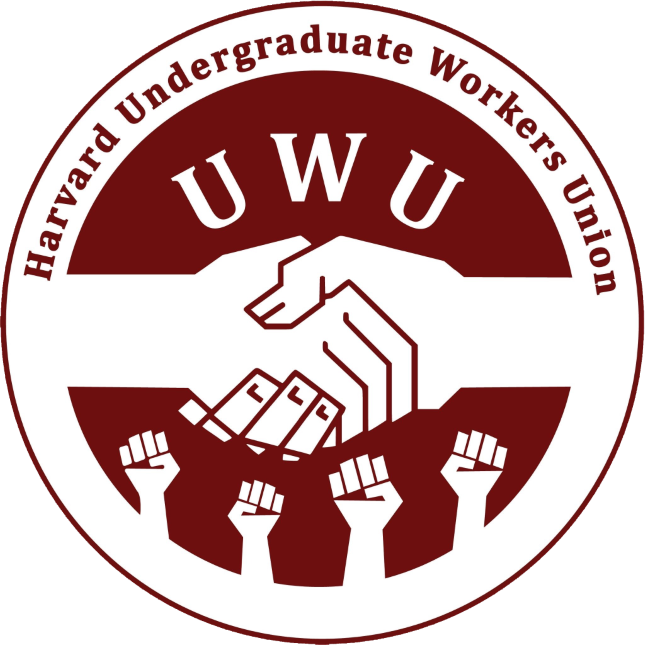My name is Lee Kennedy-Shaffer, and I am a fourth year PhD student in biostatistics. On Thursday, we had our third bargaining session since the shutdown of campus. We presented a comprehensive compromise proposal for a one-year contract to the administration. We are working diligently to reach an agreement that would take effect on July 1st. Our priority is to secure protections for student workers in the midst of a pandemic and an economic collapse for the year ahead, and to establish a strong foundation on which to build in the future.
While many of the proposals exchanged are off-the-record, our comprehensive offer included the following economic proposals, which we and the administration are now in agreement on:
- A 2.8% raise for salaried student workers for next year (when non-union staff, including faculty, are facing a pay freeze);
- $16 and $17 minimum hourly pay rates, amounting to a 25% increase for our lowest-paid hourly student workers; and
- The funding amounts for pools supporting child care ($350,000), health insurance coverage for dependents ($325,000), dental care costs ($125,000), and co-pays under the Student Health Plan ($125,000).
Those of you in the Graduate School of Arts and Sciences likely received an email on Friday announcing the 2.8% raise. Although this figure is less than we had initially bargained for, we are pleased to have won the university’s agreement on this increase. During the 2008 recession, the university froze pay and stipends for graduate students. When the endowment performed poorly in 2017, the stipend raise was only 1.5%. Currently, university employees who are not represented by unions have had their wages frozen this year.
We believe that the university’s commitment to steady raises for graduate students during a time of unprecedented insecurity is a consequence of our consistent organizing, including our strike in December and our work in response to the pandemic this spring.
These agreements add to our tentative agreements that, if a full contract is signed and ratified, will secure crucial rights for:
- International students who are stuck abroad (International Students TA),
- Research assistants who will soon be returning to labs (Health & Safety TA),
- Student workers asked to do additional work to adapt to online teaching and research (Workload TA), and
- Workers who have health concerns regarding using public transit and prefer to commute by bicycle or car (Parking and Transit TA).
You can find the whole list of Tentative Agreements here and contact us with any questions you might have. These agreements are tentative until a full contract is approved through a democratic ratification vote by HGSU members.
We are in active negotiations on Non-discrimination where, similarly, we are prioritizing key issues that will be the most crucial for a one-year agreement. We are waiting for a comprehensive response from the administration and will be in communication with you as things develop.
Thanks to our priority survey, town halls, Bridge Funding campaign, press conference, and general meetings, we have been able to keep track of how the pandemic has changed our working conditions and our priorities. We continue to communicate best practices and press the administration to address these needs as we advance into a post-COVID19 future.
Our active organizing efforts and resources include:
- Unemployment town hall on Tuesday, May 26 at 5pm, where we will be joined by a labor lawyer to talk about student worker eligibility for state and federal unemployment benefits. This town hall will also specifically address the eligibility of immigrant and international student workers.
- COVID-19 Night School, where Aparna Gopalan from Anthropology will give a talk this Wednesday on “A pandemic of commodification: COVID-19, profit, and public goods in comparative view”.
- Our Organizing Plan to secure Bridge Funding and our Impact Survey to track need for 1-year funding extensions.
- Best Practices Document, which is updated to reflect best practices for the coming months.
- Mutual Aid form, where you can volunteer and seek help.
- Demands Tracker, where we are tracking the administration’s responses to our COVID-19 demands.
In solidarity,
Lee Kennedy-Shaffer


